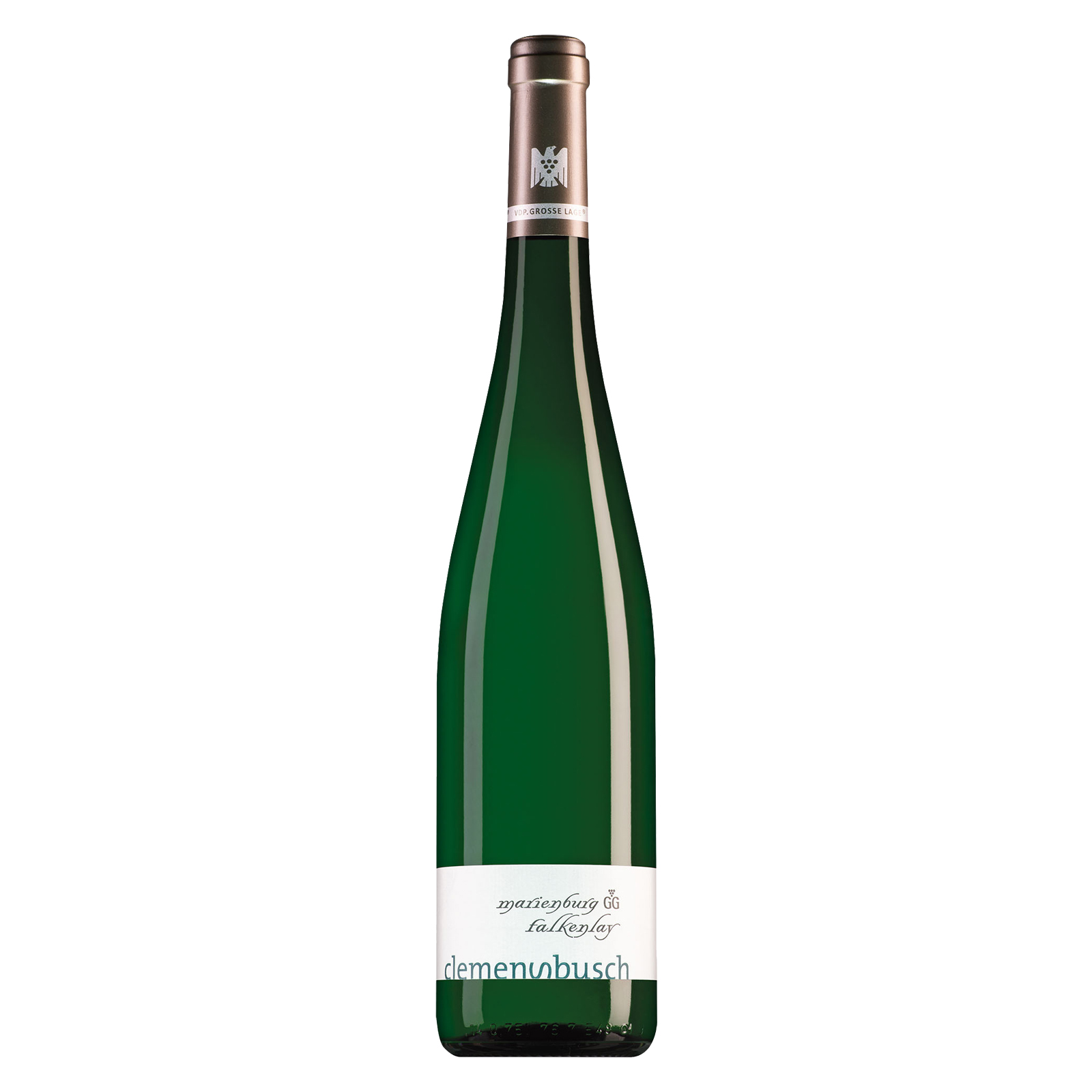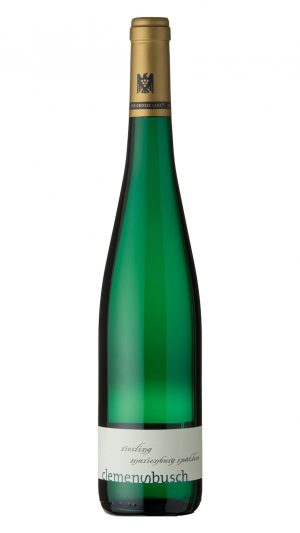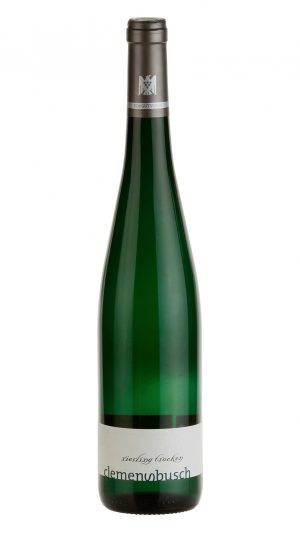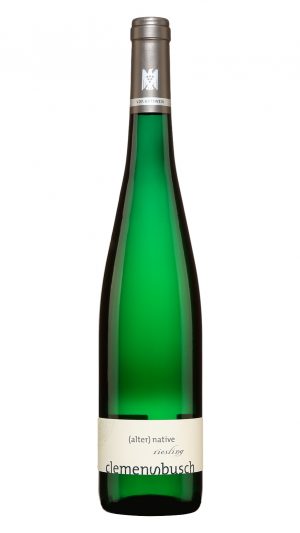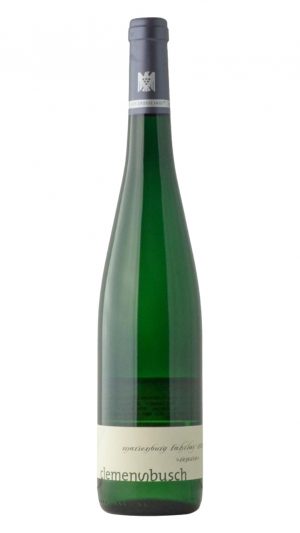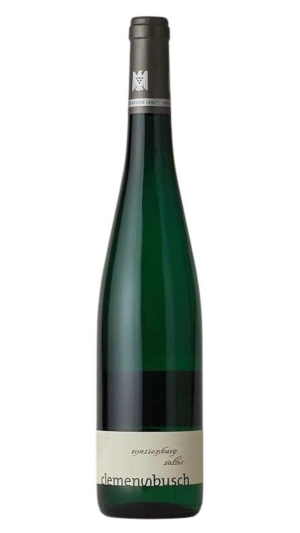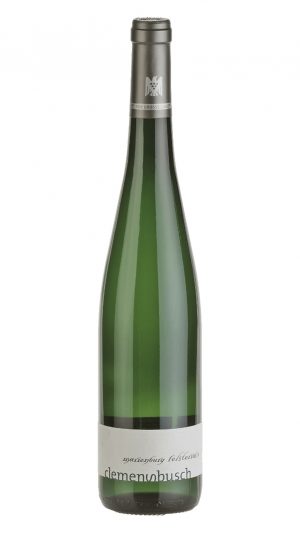Clemens Busch Falkenlay GG 2018
Type: White
Country: Germany
Region: Mosel
Grape Variety: 100% Riesling
Viticulture: Biodynamic | Certified Organic
Climate: Northernly continental climate marked by cool temperatures
Terroir: Vines from 65 to 90 years old on an extremely stony and terraced south-facing slope composed of hard, grey slate
Winemaking: The wine is fermented spontaneously with wild yeasts, at low temperatures, in very old 1000-litre barrels. For 24 months, this wine rested on its lees in very old oak barrels before bottling
Color: Golden yellow
Nose: Notes of myriad stone fruits burst from the glass – yellow peaches, white nectarines, and rainier cherries – with complementary notes of rose petals, pomelo zest, and honeysuckle
Palate: On the palate, more of the same stone fruit-driven flavours, with fresh herbal notes of lemongrass and tarragon, with a sea spray salinity and chipped rock minerality on the expansive and precise finish. Impeccable from start to finish
About the Winery:
As a young winemaker in the 70s, organic and biodynamic pioneer Clemens Busch was already questioning the use of herbicides and reducing the sulphur levels in his wines. When he and his wife Rita inherited his parents’ winery and vineyards in 1984, they had the chance to put these ideas into practice.
Most of their production comes from the Pündericher Marienburg, a southwest-facing hillside vineyard in the Lower Mosel. They inherited two hectares, but have bought adjoining plots and now own 16 of the 25 hectares which make up the Marienburg einzellage.
Geology along the Mosel is complex, and the winding river provides sites with varied exposures. Clemens still vinifies and bottles each plot separately: he produces Vom Grauen Schiefer (from grey slate) and Vom Roten Schiefer (from red slate). The Rothenpfad plot is all red slate, which is unusual in the Mosel, while Farhlay is dominated by blue slate. Falkenlay, located between the two, and considered by some to be the finest site within Marienburg, is predominantly grey slate and provides grapes for their noble sweet wines.
In the winery, Clemens works with wild yeasts, and ferments mostly in very old 1000-litre barrels. Nothing is added to the wines at any stage, apart from a touch of sulphur at bottling. Charming and self-effacing, Clemens’ winemaking is honest and refined, producing wines that are pure expressions of their terroir.

